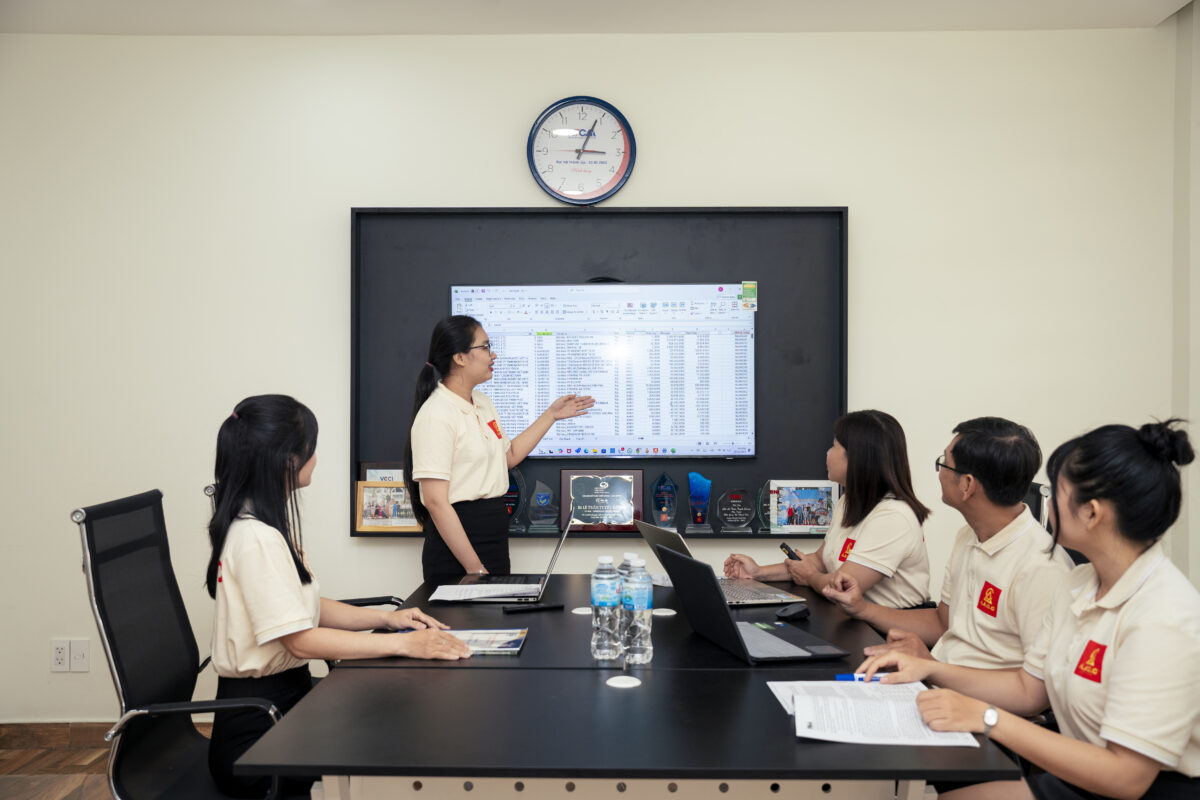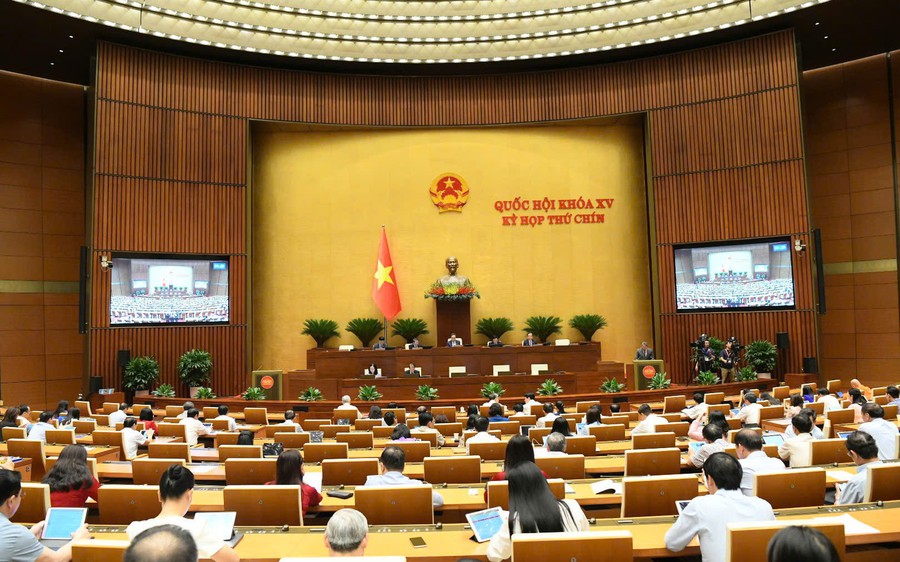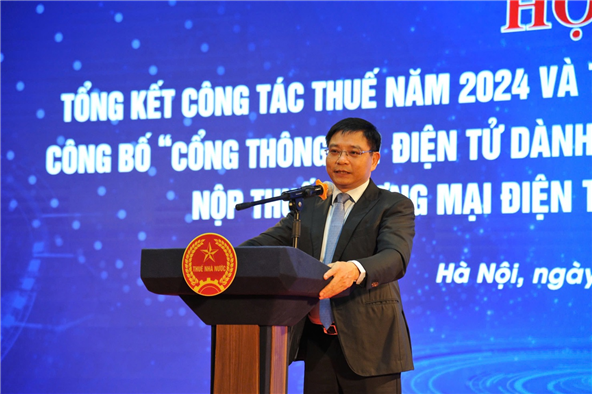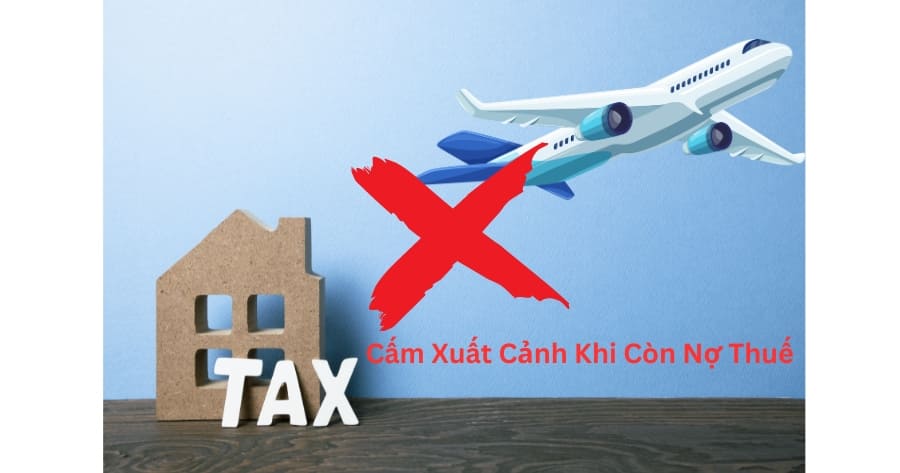The seminar “Vietnam Report 2045: Global Economic Trends and Policy Implications for Vietnam” aims to discuss in-depth the global economic and geopolitical context with the complex changes since the global financial crisis of 2008-2009, clarify the opportunities and challenges for Vietnam, and propose relevant adaptation strategies.
Speaking at the seminar “Vietnam Report 2045: Global Economic Trends and Policy Implications for Vietnam,” which was announced by the Institute of Development Strategy, Ministry of Planning and Investment in Hanoi on May 21, Mr. Nguyễn Quốc Trường, Deputy Director of the Institute of Development Strategy, stated that strategic competition between countries continues to escalate. In particular, the US-China competition is creating spheres of influence and establishing new rules of play. This competition focuses on issues such as climate change, green transition, energy transformation, and high technology to exert influence over partners.
“The impact of the Fourth Industrial Revolution is accelerating the trend toward the formation of a multipolar world order. China is rising, while Russia continues to maintain its strength. The influence of the European Union (EU), Japan, South Korea, India, and Australia remains limited. By 2030 and 2045, it is unlikely that a new superpower will emerge based on leading scientific and technological capabilities, as well as adjustments in economic and military strategies,” Mr. Trường remarked.
“The “Vietnam 2045 Report: Global Economic Trends and Policy Implications for Vietnam” predicts that global trade growth may slow down in the short term until 2050. In the medium term, global trade will experience new growth drivers, driven by reduced trade costs. By 2050, global trade will continue to be dominated by four regions: Europe, North America, China, and the Asia-Pacific, which currently account for 78% of global imports and GDP.
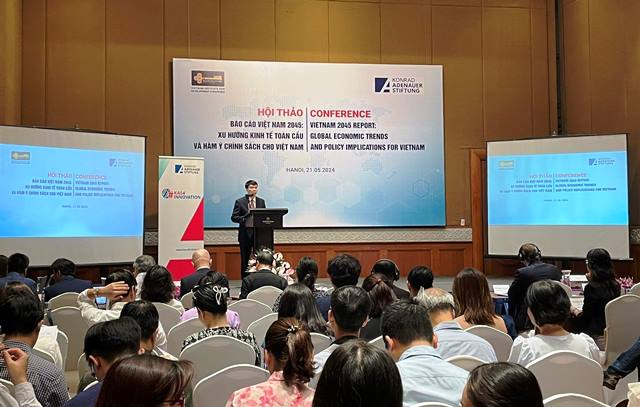
The scene of the workshop (Photo: P.A)
The two leading positions in trade development trends will be held by Europe and the Asia-Pacific, as the frequency of goods and services crossing borders in these regions is higher. Demographic differences, comparative advantages, and resource availability will create momentum for the development of regional supply chains in these areas.
In addition, the report highlights the increasing trend of sustainable FDI investment in renewable energy in recent years, surpassing new investments in fossil fuel sectors. The driving forces behind this trend include feed-in tariffs (FIT), carbon pricing, research and development (R&D) funding for renewable energy, and subsidies for fossil fuels.
The growth of green trade (environmentally friendly goods) is expected to rise in the coming decades. The global market for electric vehicles, solar and wind energy, hydrogen, and other green technologies is projected to reach $2.1 trillion by 2030 – four times its current value.
The European Green Deal (EGD) is the EU’s comprehensive and long-term program to address global climate emergencies by 2050, approved on January 15, 2020. This agreement will be strongly promoted.
The Development Strategy Institute (DSI) notes that these trends will help Vietnam increase its export market share to the U.S. and China. Vietnam will play a role as a third country to export Chinese goods to the U.S.
Vietnam is also likely to attract strong U.S. investment and support in the semiconductor industry, thanks to its strategic location and success in exporting electronics, as well as its potential for rare earth supply.
Vietnam will further leverage the Belt and Road Initiative (BRI) to strengthen its role as an intermediary, connecting and transporting goods from ASEAN countries to China.
Mr. Trần Toàn Thắng, Head of the International Economic Department at the Development Strategy Institute, stated that new economic models such as the sharing economy, digital economy, green economy, and circular economy are emerging and are expected to play a major role in shaping economies. However, these new economic models depend on government intervention through fiscal policies, support, or reducing subsidies for current activities.
Additionally, these new economic models need to be developed with the necessary infrastructure, investment, and business efficiency, as well as considerations of economies of scale and consumer behavior and perceptions.
In terms of policy implications for Vietnam, the Development Strategy Institute recommends that Vietnam should capitalize on the positive external opportunities while minimizing risks, and develop an institutional framework that aligns with the new situation.
“Vietnam needs to delineate the role of the State, legalize policies and strategies, improve the legal system, and create a foundation to foster the private sector,” emphasized Mr. Trần Toàn Thắng.

Digital transformation is an inevitable trend for sustainable development. (Screenshot)
Theo dangcongsan.vn



